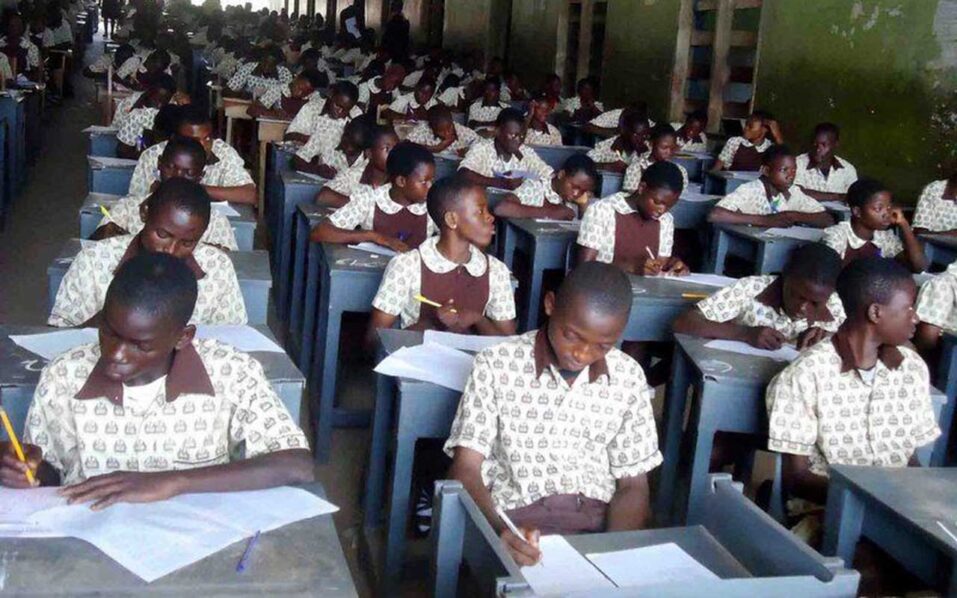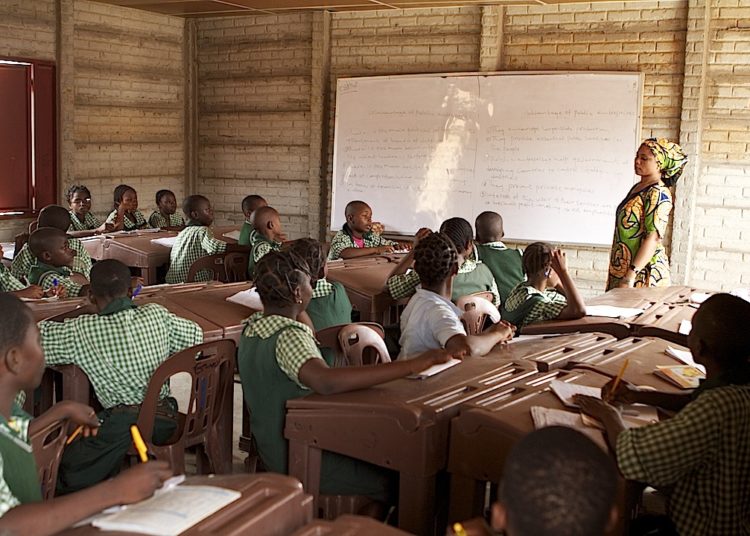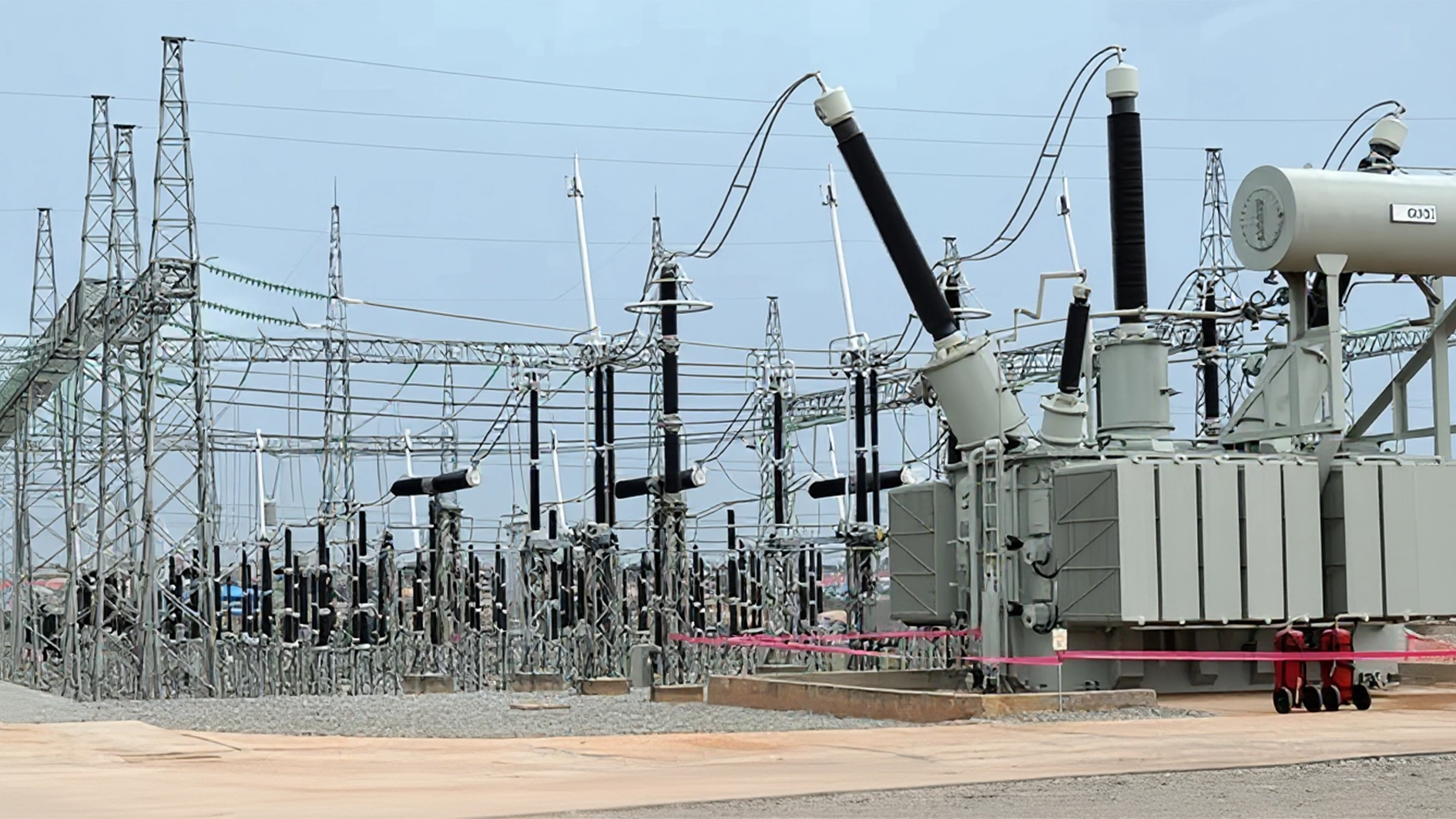
The nationwide crackdown on “miracle centres”, notorious for facilitating exam malpractices, could not have come too soon, considering the debilitating effects of the centres on the integrity of the country’s educational system. In a bold move to restore the integrity of Nigeria’s educational system, the Federal Government launched a crackdown on “miracle centres,” even as recent actions by state governments, such as Abia State’s closure of all “miracle centres,” demonstrate a unified front against this menace.
These centres, often operating as private secondary schools, promise students success in exams regardless of merit, thereby perpetuating a culture of dishonesty and mediocrity. Therefore, it is important to recognise that the menace of “miracle centres” not only undermines the integrity of Nigeria’s educational system but also disincentivizes hardworking students who earn their grades genuinely.
Specifically, the impact of “miracle centres” is twofold: it devalues the achievements of diligent students and diminishes the quality of graduates entering tertiary institutions, ultimately affecting the nation’s workforce and economic development. Some of such candidates with “miracle SSCE certificates” get into tertitary institutions and graduate to builders and engineers who construct buildings and bridges that collapse, and medical doctors who kill patients.
Therefore, “miracle centres” is not just a symptom of a flawed system; it is a cancer that erodes the very foundation of education because these centres, often masquerading as legitimate schools, devalues the achievements of diligent students but also diminishes the quality of graduates entering tertiary institutions, ultimately affecting the nation’s workforce and economic development.
Pointedly looking at the implications of “miracle centres”, a recent study by The Conversation, noted that “the exam centres’ practices cast doubt on the quality of students admitted into higher education, the quality of the workforce and that of political leaders”. As such, “miracle centres,” have become a reproach to our nation and part of nation collapse because they will end up becoming leaders of tomorrow in various spheres.
The Federal Government’s determination to crackdown on the “miracle centres”nationwide which have long been synonymous with exam malpractice, aims to tackle the pervasive issue of cheating in Senior Secondary School Certificate Examinations (SSCE), that has long undermined the credibility of academic achievements in the country; and marks a significant step towards sanitising the educational system.
This move, which follows a series of assessments and evaluations aimed at ensuring schools adhere to ethical examination practices, is a strategy reminiscent of past efforts that led to a period of heightened ethical standards between 2008 and 2010.
Notwithstanding, as Nigeria embarks on a crackdown on the centres, a critical question arises: Can this initiative truly transform and revitalise the nation’s educational landscape or will it merely scratch the surface of a deeply entrenched problem?
According to education experts, effectively combating “miracle centres” requires not just the identification and closure of these centres; rather the success of this crackdown depends on sustained vigilance, comprehensive reforms and the implementation of robust monitoring systems to prevent their resurgence.
Again, various policy briefs by education experts suggest that, to effectively combat “miracle centres,” Nigeria must adopt a multifaceted approach. They argue that to improve examination integrity, and build a solid and reliable secondary educational level in Nigeria will require a combination of horizontal and vertical approaches that involve local actors and those in authority.
Hence, it is important to introduce systemic changes that address the root causes driving students to seek these centres, such as inadequate educational resources and high stakes attached to exam results. So, as Nigeria moves forward with this crackdown, it must also invest in strengthening its educational infrastructure and fostering an environment where hard work and honesty are valued above all else.
Furthermore, innovative solutions are also needed. For instance, leveraging technology to monitor exams and implement secure online testing systems can help prevent malpractices. Additionally, introducing merit-based incentives for schools that maintain high ethical standards can encourage a shift towards integrity.
In addition, whistle blowing mechanisms should be established to encourage swift reporting of suspicious activities, and private schools can form advocacy groups to pressure the government into action.
Also, against the backdrop that the battle against “miracle centres” is a battle for the soul of Nigeria’s education system, it is important to engage local actors such as civil society groups, faith-based organizations, and community leaders in campaigns against “miracle centres”; and other factors such as parental and peer pressure, inefficient teaching practices, and complicit school management which contribute significantly to the existence of these centres.
These are in tandem with The Conversation which suggests that, it requires not just enforcement but a cultural shift towards valuing meritocracy and integrity; and addressing the lure of profit which drives many private schools to engage in these unethical practices, with prices for their rogue services often exceeding 300% of the actual registration fees .
The Federal Government’s determination to crackdown on “miracle centres”, is cracking down on deception; and a fight for integrity, meritocracy and the future of the nation’s youth. As a result, all Nigerians should rally behind this initiative and demand a future where academic achievements are a testament to hard work, not deceit; and build an education system that rewards diligence and honesty, shaping a brighter future for Nigeria.
So, all citizens should join forces to ensure that our educational institutions produce leaders who are not only knowledgeable but also ethical. Therefore, all stakeholders – parents, teachers, students and policymakers should stand together against “miracle centres” to restore credibility to Nigeria’s educational system and ensure that academic achievements reflect true merit.






